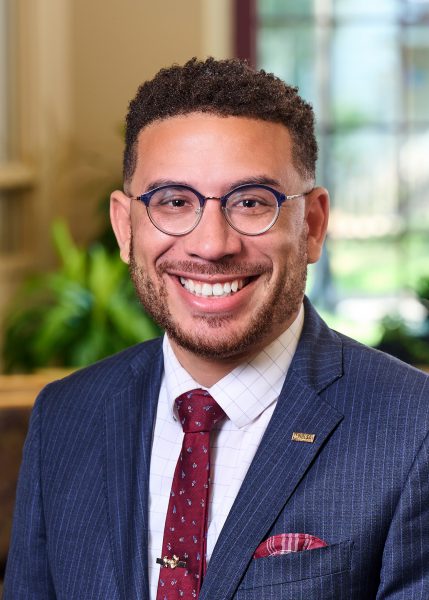Prosecution and defense
The practice of criminal law generally falls into two categories: prosecution and defense. Prosecutors and district attorneys represent the interests of the state in the prosecution of those accused of crimes. Defense attorneys and public defenders represent the accused, protecting their personal liberties and basic rights. Both branches require an in-depth understanding of criminal procedure, evidentiary standards, and the role of an attorney in determining right from wrong.
All students at Mitchell Hamline take a course that introduces them to criminal law and statutory interpretation in their first year. Most will also take at least one semester of criminal procedure and evidence.
Upper-level courses in criminal law
- Advanced Evidence
- Child Abuse and the Law
- Constitutional Criminal Procedure: Adjudication
- Race and the Law
- Wrongful Convictions
Course offerings and availability are subject to change.
Mitchell Hamline faculty and lecturers also teach seminar courses on topics associated with crime and deviance such as domestic violence, juvenile justice, and poverty law. Students interested in criminal law may take part in an externship with the public defender’s office or a branch of the Minnesota judiciary.
Clinical offerings associated with criminal law
- Innocence Clinic
- Legal Assistance to Minnesota Prisoners
- Reentry Clinic
- State Public Defender Postconviction Clinic
- Wrongful Convictions
Through these clinics and course offerings, students at Mitchell Hamline can develop a keen understanding of the criminal justice system and prepare themselves for a career in either branch of the practice of criminal law.






